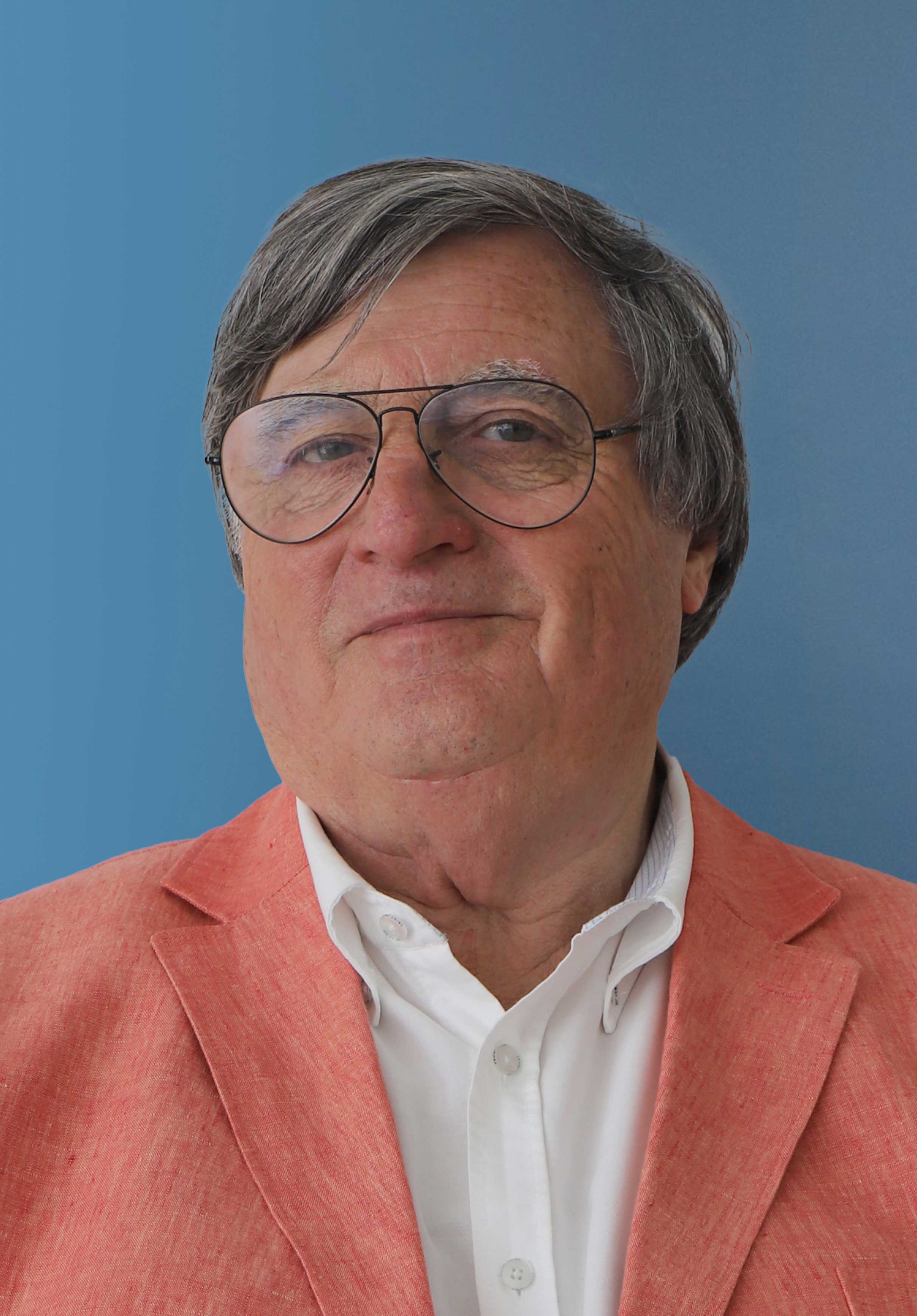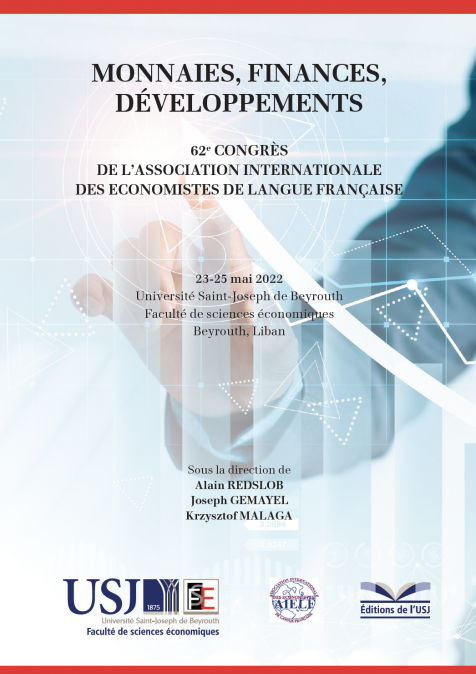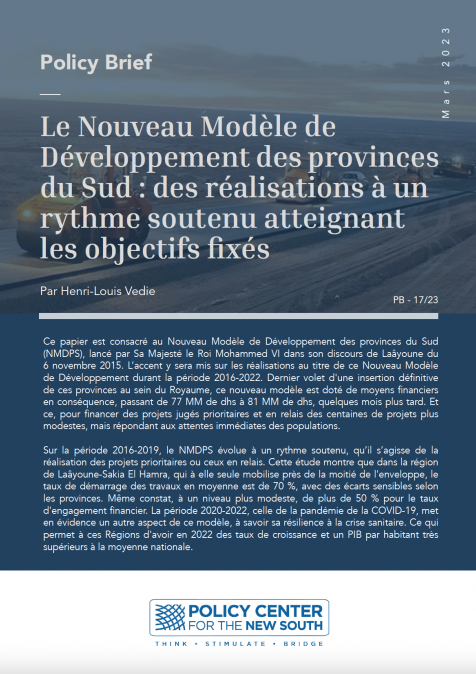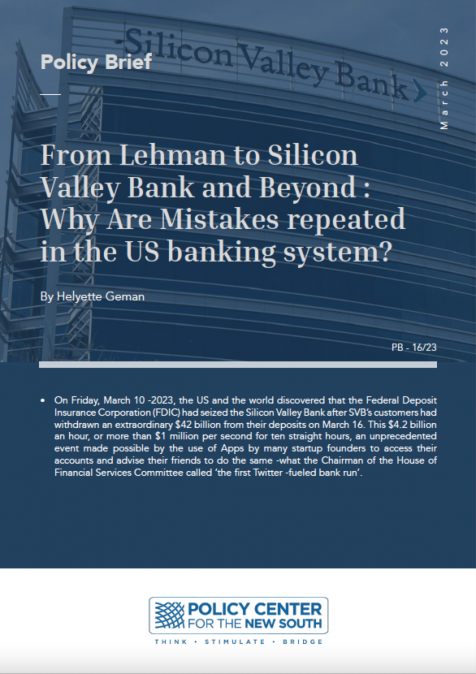Les fonds souverains en Afrique sont devenus des acteurs majeurs dans le domaine financier du continent. Ils représentent une diversité d'outils d'investissement engagés à la fois dans la recherche de profits et dans la promotion du développement socio-économique. Ils ne se contentent pas de chercher des profits, mais s'efforcent également d'avoir un impact positif sur l'économie, la société et l'environnement. Leur capacité à aligner les intérêts financiers avec les priorités de développement en fait des partenaires essentiels pour la croissance et la réduction de la pauvreté en Afrique. Dans cet épisode, nous tentons d’explorer avec notre invité, M. Henri-Luis Védie, Senior Fellow au Policy Center for the New South, le paysage des fonds souverains dans le continent africain, leur évolution et leur contribution dans la stimulation de la croissance économique et la création d'emplois.











